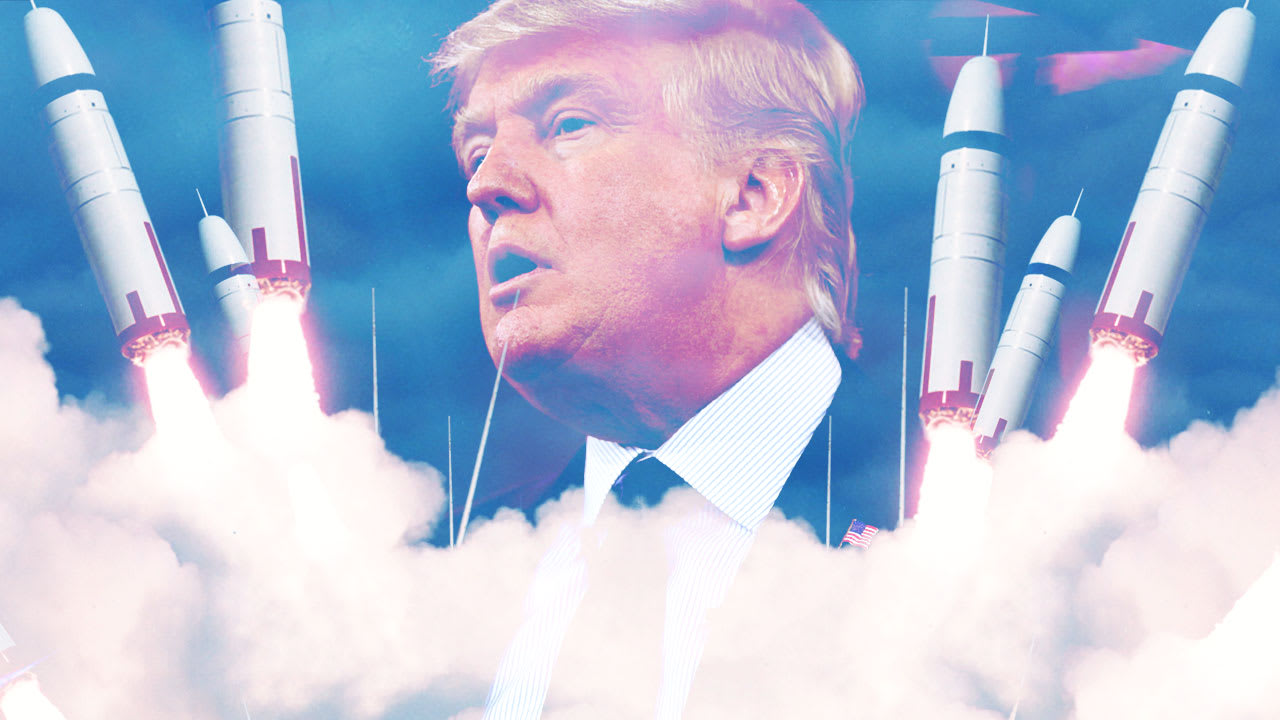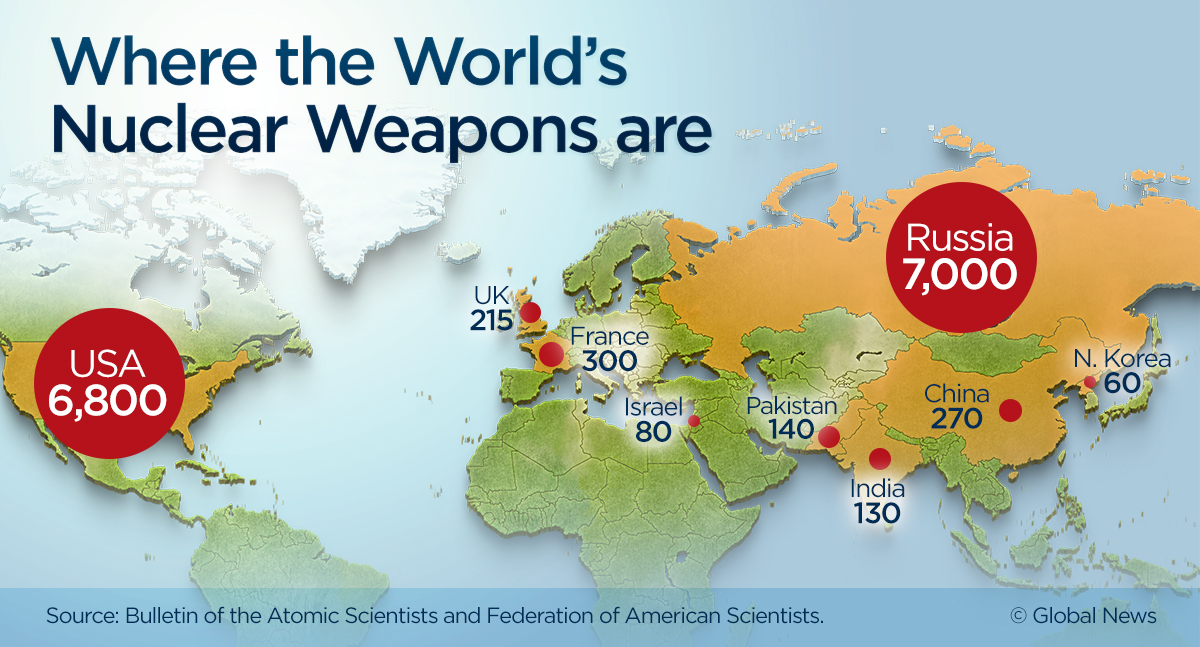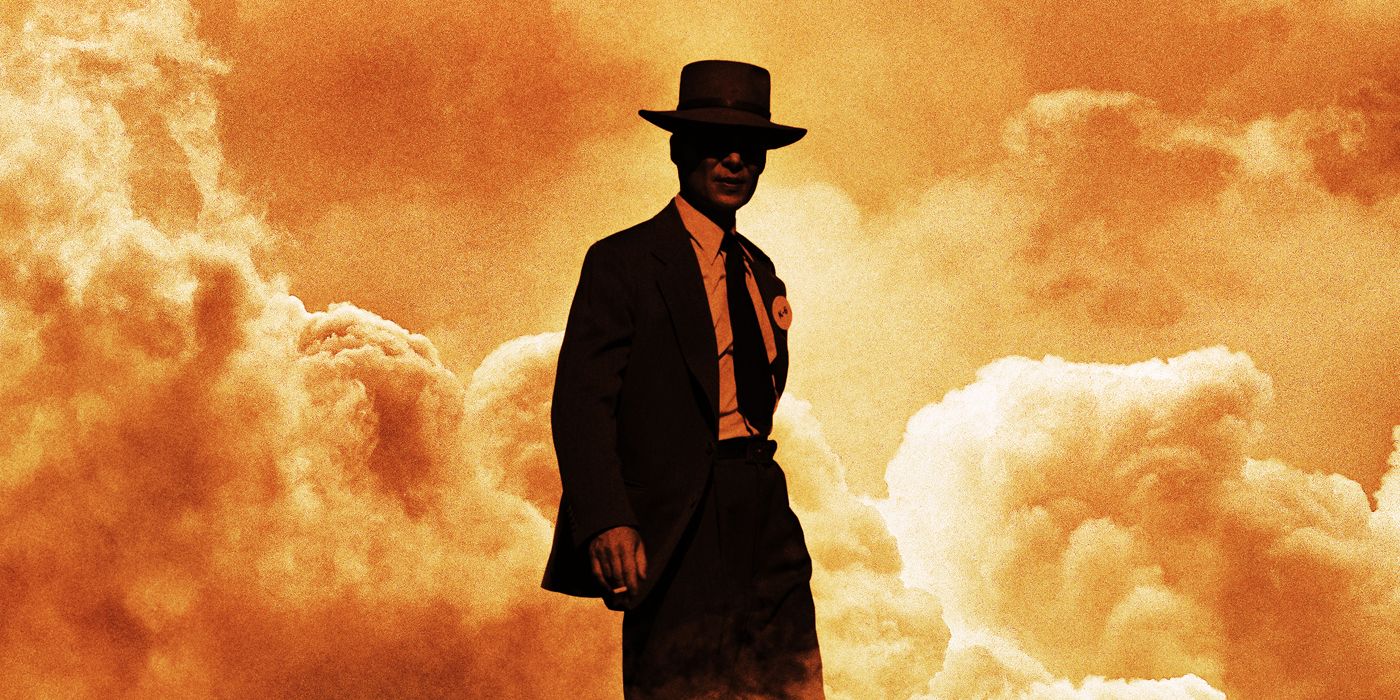
Donald Trump and Nuclear Weapons
This Is Not about What You Think
Ward Hayes Wilson / The Shadow and the Light
(August 22, 2024) — In honor of the Republican and Democratic conventions, I thought I’d try to draw parallels between how Democrats have changed their approach to Donald Trump and how we should change our approach to nuclear weapons.
Outrage
For a long time Trump held center stage. His speeches were carried live on cable because — oh, my God! — you never knew what he was going to say! Each speech brought a deluge of anger and outrage in response. Commentators spluttered and waved their arms. And always there were dark warnings about how dangerous, how evil, how threatening Trump was. People seemed to be screaming in their frustration, “You’re not paying attention! He wants to be a dictator! You don’t realize how catastrophic it will be if Trump isn’t stopped! —Isn’t impeached! — Gets reelected!” Or whatever.
The problem with this way of reacting to Trump is that when you emphasize the danger, when you get carried away, you only play into his hands. When a bully picks on you, you don’t want him to know that he’s upset you. The worst thing you can do is fuss and fume with frustration and anger. You only make him seem more powerful. If you say that Trump is a “genius” at riling up crowds, you make him seem smarter. If you insist that Trump “never gets punished for what he does,” you make him seem invincible. If you shout that Trump is the Devil, then you make it a foregone conclusion that people believe he possesses enormous power.

Weird
Of course, Trump’s hold on us has weakened. His crowds are smaller. His coverage is scantier. His polls are down (a little). And part of this change is simple exhaustion with Trump’s endless appetite for attention.
But part of it is also a change in the way Kamala Harris and Tim Walz deal with Trump. Rather than putting Trump at the center of their message, rather than getting into a lather about Trump’s constantly stirring the pot, Harris and Walz seem to be having fun. In a typical Walz speech, for example, Walz talks about himself, his down-to-earth Midwestern origins, he talks about how others are not enemies but your neighbors, and only then points out in a bemused sort of way that Trump is, frankly, a little weird. That odd, sing-song voice he uses. The hand gestures. Walking across a stage to hug the flag.
No longer distracted by what he says — or perhaps no longer distracted by our reaction to what he says — it’s possible to see that Trump’s shtick has always been kind of strange. Instead of fearing him, people have now started laughing at him.
The Harris/Walz approach acknowledges that Trump is a threat to Democracy, but doesn’t put him at the center of what they’re saying. The majority of their message is about what they want to do, how they see things, how they want to help Americans. And rather than emphasizing that we should fear Trump, they note he’s kind of weird. They belittle him, in other words.
German philosopher Hannah Arendt,
Respect and Fear
Hannah Arendt, the German philosopher who fled the Nazis in the 1930s and eventually found a home at the University of Chicago, said an interesting thing about authority. In her slim, powerfully argued volume, On Violence, in which she analyses the differences between power, violence, force, strength, and authority, she says that the best way to undermine authority is to mock it. And that is at the heart of what I want to say about nuclear weapons.
Democrats have gone from being afraid of Donald Trump, to cheerfully mocking him. They acknowledge that he’s still a danger, but they don’t seem afraid. They don’t splutter and angrily denounce him. Which is the right approach. Because spluttering and denouncing is what helpless people do. It’s how the victims of bullies sound.
Arendt’s point is that respect magnifies the power of authority. Fear does the same. A person who is both feared and respected can coerce far more effectively than a person who is derided and disregarded. The emotions we feel can give a person (or a thing) more power over us. Respect and fear cause us to measure a person by the frightening shadow they cast, rather than their actual height and weight.
What Democrats have done is to stop reacting to Donald Trump’s shadow and started objectively measuring him. It doesn’t mean they don’t take the danger he represents seriously, it just means they’re careful not to exaggerate his powers.
We Decide
I still run across people who want to fight against nuclear weapons by emphasizing the horror of attacks with nuclear weapons, by working to make people more afraid, and by exaggerating the effects of nuclear war. The Oppenheimer movie took this approach to some extent with images of boiling smoke and fire and a somber voice over intoning that nuclear weapons were the most powerful weapons ever invented. But encouraging fear and awe toward nuclear weapons only gives them more power in our heads.
The recent book by Annie Jacobson, Nuclear War: A Scenario, promotes feelings of awe and fear and ends up, it seems to me, delivering a message of powerlessness. The processes of nuclear war are, according to Jacobson, inexorable and cannot be controlled. And after running through a chilling and somewhat illogical scenario for how a nuclear war would unfold, she offers not the slightest hope that there will ever be a solution.
And this message has made its way into ordinary people’s heads. I frequently talk to people who say that nuclear weapons will determine our fate; that we can do nothing about these weapons: people who seem to have surrendered control over their own destinies. But nuclear weapons are not “the Destroyer of Worlds.” They aren’t the power of God. And they don’t give us god-like power. They are just weapons. Tools. We control them. We decide.
President John F. Kennedy, in his famous peace speech at American University, helpfully reminds us that “No problem of human destiny is beyond human beings.” When it came to peace, as with everything, Kennedy projected confidence. You can hear it in the way he talks. “Our problems are manmade — therefore, they can be solved by man. And man can be as big as he wants. … Man’s reason and spirit have often solved the seemingly unsolvable — and we believe they can do it again.”
The Truth
Oppenheimer said that when he saw the first bomb test he thought of the words from the Bhagavad Gita, “Now I am become Death, the Destroyer of Worlds.” And he was telling the truth. Not the factual truth. Not the literal truth. But the absolute truth about how he felt. He felt like nuclear weapons represented god-like power and therefore that he had somehow been able to take on that god-like power. He felt awed and fearful. But does constantly calling to mind those first feelings of awe and fear really help us?
The truth is nuclear weapons are too big to use on battlefields. A 10 kiloton “battlefield” weapon1 has a circle of extreme effects a mile across and lesser effects out to five miles. Use that where the fighting is going on — at the front lines — and you’ll kill a lot of your own soldiers. Use it behind the front lines and lethal radiation can blow as far as 25 miles away in just an hour. Because of their size and the poison they spread, there’s hardly any way to use nuclear weapons on a crowded battlefield.
The truth is that using nuclear weapons to fight a long-range war where you target your adversary’s homeland is simply suicidal. After a nuclear war, your country will be devastated, starving, poisoned, and no longer in control of its own destiny.
The truth is that nuclear deterrence is fatal over the long run because it’s run by human beings — creatures who make mistakes and are prone to folly. We’ve been lucky so far, but you can’t have these large arsenals on hair-trigger alert forever without eventually ending in catastrophe.
We have been so focused on the horror and fear of nuclear weapons that we’ve overlooked the most important truth about them: they’re ludicrous weapons. They’re so big you can’t use them. The 78 years of non-use hasn’t been the result of moral compunction or restraint imposed by their awesomeness. War is a brutally pragmatic business and countries generally do whatever is necessary to win. Their non-use is the result of nuclear weapons being blundering, bumbling, poison-spreading, lousy weapons.
The utility of nuclear weapons is like the utility of a hurricane. Hurricanes are powerful, scary, and very destructive, but they’re impossible to use to fight a war with. Hurricanes blow hard, but you can’t direct that power in any useful way.

What We Should Do
I think the shift from fear to mockery is exactly what we have to do with nuclear weapons. We treat nuclear weapons with so much awe, we are so fearful and respectful of them, we are so afraid of the issue we won’t even talk about it. Or when we finally do we use such hushed tones of awe that of course the weapons seem god-like and overwhelming.
What we need to do with nuclear weapons is to exhale and then look calmly, clear-eyed, and objectively at their utility. Tools are kept or tossed based on one criteria: utility. If nuclear weapons are useful, then you have to keep them. If they’re not, then they have to go. Having studied the issue of their utility for forty years, I would welcome a debate that puts “are they useful?” at its center.
Because, believe me, nuclear weapons are virtually useless and very dangerous. And no one keeps technology that is virtually useless and very dangerous.
Footnote:
(1) The majority of Russian land-based “tactical” nuclear weapons have a yield of 10 kilotons.


